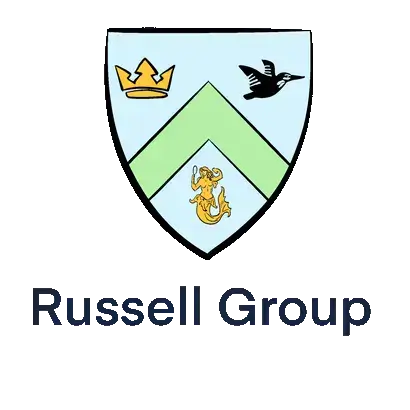How to get an A Star in IGCSE Chemistry
Achieving an A Star in IGCSE Chemistry is a challenge, but with the right strategies and focus, it is certainly achievable for top academic students. This blog discusses key elements such as the specification, various exam boards, and past paper practice, so that students can undertake careful and focused preparation effectively. Explore our comprehensive guide to achieving your absolute best in your IGCSE Chemistry examinations.
What is IGCSE Chemistry?
IGCSE Chemistry is a qualification which is recognised all over the world and is offered to students who are typically aged around 16 when they take the final exams. This qualification is part of the International General Certificate of Secondary Education (IGCSE); it aims to give students a strong understanding of basic chemical principles. Students get theoretical knowledge, but also experiment-based practical knowledge. This understanding and knowledge base is crucial for those students who wish to pursue a scientific career and undertake further studies in Chemistry.
Understanding the IGCSE Chemistry Syllabus
The IGCSE Chemistry specification, published by the exam board, outlines the topics and assessment objectives which are needed for the final exams. This qualification is usually taken as a two year course, although it is possible to take it in a shorter time with intensive tuition. It covers topics such as atomic structure, the periodic table, chemical bonding, stoichiometry, organic chemistry, and others, which build on the Key Stage 3 curriculum delivered in schools. The specification is important because it will show you which topics are likely to be covered in the exam and also provide you with past papers to practise examination questions.
Exploring IGCSE Chemistry Exam Boards
Various exam boards offer IGCSE Chemistry; these include Cambridge Assessment International Education (CAIE) and Pearson Edexcel. Each examination board publishes its own specification, which includes the overall structure of the taught course, the types of questions, and the examination approach. It is very important to check the specification and examination board, and match up what you are learning with this, so that you can ensure all potential topics are covered.
The Importance of IGCSE Chemistry Past Papers
Practising with IGCSE Chemistry past papers is essential if you are to achieve an A Star. Past papers provide not only an insight into the exam format and types of questions typically asked, but also give you practice on timing. They are important in helping students time their responses accurately and manage any exam pressure they may feel prior to the actual assessment. By regularly working through past papers, students should be able to predict their final grade and target any areas of weakness or uncertainty with their teacher or tutor.










Start the discussion!